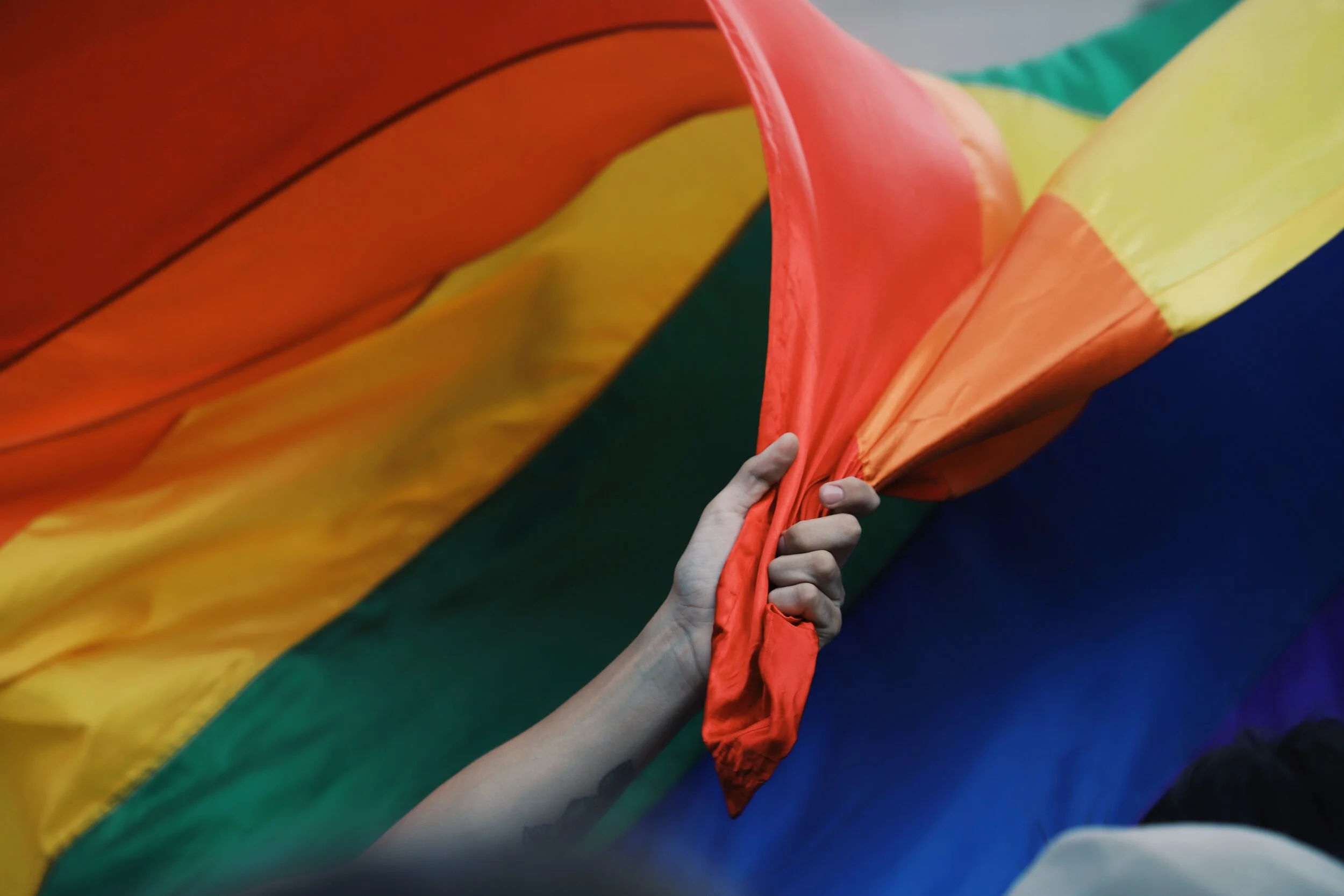For LGBTQ+ it’s like a Tale of Two Cities. It’s the best of times, and worst of times.
Today, the Supreme Court ruled that employees cannot be fired for LGBTQ+ identity, an interpretation of the longstanding federal ban on sex discrimination in the workplace to cover sexual orientation and gender identity. A long-awaited victory.
BUT, on Friday June 12, 2020, the Trump Administration and the Department of Health and Human Services finalized a rule that removed LGBTQ+ people from the Affordable Care Act’s non-discrimination protections—an egregious offense against basic human rights. In its most direct terms, this means that any individual doctor can choose to treat, or NOT TREAT, someone based on their sexual identity. This is potentially blatant refusal of healthcare to an entire segment of population.
So—do we celebrate this momentous victory, or do we continue to scream in frustration?
Both.
Our world is deeply hurting. There will be lasting scars. Our most vulnerable communities, those of color and LGBTQ+ individuals, remain targets of abuse and discrimination— lives threatened and basic rights stripped. And let us not forget, we are in the midst of a global pandemic.
Protections in the workplace aren’t enough when basic human rights to healthcare— to life saving medical attention—have been stripped.
While the struggle for Black Lives Matter is strong and keenly poignant —our leaders blatantly shun and fail our most vulnerable communities with further discriminatory practices.
Trump’s June 12th ruling makes changes to basic gender-based discrimination protections beyond the ACA – affecting LGBTQ+ access to basic health care, health insurance and health coverage and benefits. This reversal allows for care to be denied based on gender identity or abortion history if performing a procedure violates the provider’s moral or religious beliefs. In other words, a doctor’s personal preference out weighs the personal preferences of individuals needing their care. How is that fair?
Imagine walking into any health care situation not knowing whether doctors are going to treat you. This is now reality for LGBTQ+ individuals and families.
“It's layers of oppression — it's transphobia on top of racism on top of economic oppression. All of that could affect their [LGBTQ+] ability to get health care during the pandemic which in turn could have public health implications for all.” -NPR
Let’s also consider the cruel timing of this decision.
A recent report from the Williams Institute at UCLA estimates that hundreds of thousands of transgender adults may be especially vulnerable to COVID-19 because they have an underlying condition, are over 65, lack health insurance or live in poverty.
Nearly all of the nation’s medical organizations, as well as insurance groups, objected to the final rule—yet, only time will determine the pervasiveness of ripple effects, and the totality of detriment to those impacted.
"Even if no one actually does discriminate more because of the rule, you've created a fear," Katie Keith of Georgetown told NPR. Keith predicts this fear might dissuade transgender persons from enrolling in healthcare all together.
While LGTBQ+ activist groups are still fighting hard, there remains uncertainty on whether this rule change can be blocked by congress.
So while we celebrate today’s win—let’s not lose sight of the fight that must continue to be fought for basic rights and dignities for our vulnerable and marginalized communities.
Tired—yes. But done? Not a chance.
Feel anger. Feel frustration. Feel disgust.
Use this firestorm to fuel your vote in November.
